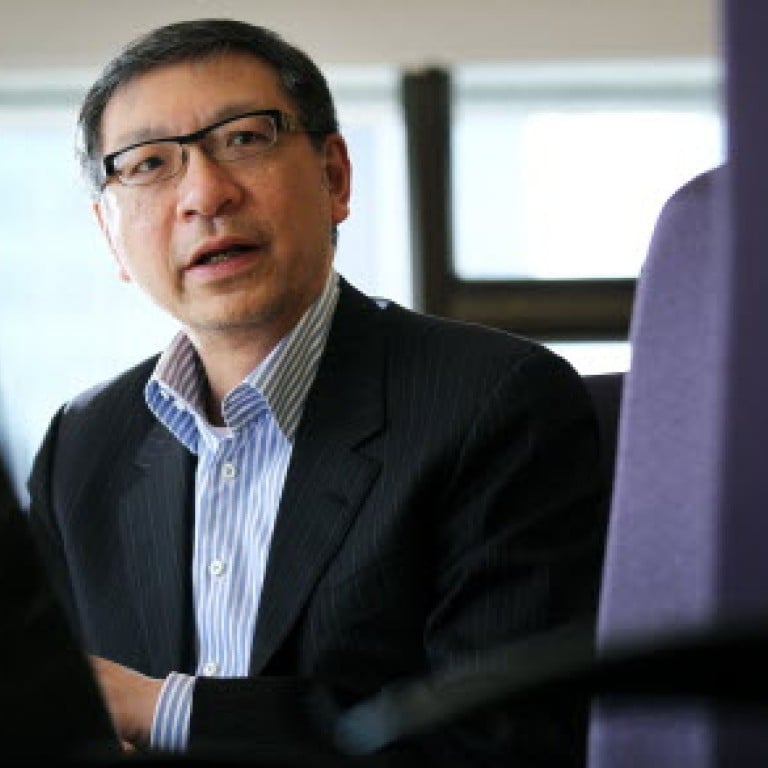
Don't leave all your money to your children
Kelly Yang urges parents to consider how an inheritance of wealth may hinder - rather than help - their child's success in life
Last year, nearly HK$7 billion was given to charity by 47 Hong Kong philanthropists, a report revealed. The vast majority went to causes here at home and in mainland China. The reason for all this giving? Hongkongers are increasingly reluctant to leave all their money to their children.
A popular Chinese proverb advises that "prosperity can never last for three generations". Business titans often worry that no matter how hard-working and successful they are, there's no telling what the next generation will do with their legacy, especially if that generation is unmotivated, wasteful, or both.
We need to remove the notion of an automatic inheritance. This is a philosophy that many wealthy philanthropists in the West adhere to, including Bill Gates, who has said on various occasions that "leaving kids with massive amounts of money is not a favour to them". It's worth mentioning that he is leaving his children US$10 million each, which, granted, is loose change compared to his US$65 billion, but still not nothing.
I've talked to countless Hong Kong students over the years about Gates and his Giving Pledge - the commitment by the world's wealthiest individuals and families to dedicate the majority of their wealth to philanthropy. The most common reaction is admiration and respect. The second most common reaction, believe it or not, is disgust.
"How selfish!" many say. Apparently, to many Hong Kong children, the idea that their parents may want to give away their money to charity instead of to them is simply appalling. Some said that if their parents did this, they might not speak to them again.
Their rationale is: life is so difficult and the world so rife with competition, why would any loving parent purposely take away aid from their own child?
Because sometimes wealth and privilege is a hindrance, not a help, I tell them. Sometimes money destroys. Take the case of 22-year-old Li Qiming, who in 2010 killed a college girl in Heibei while he was drink-driving. When caught, the first words out of his mouth were: "Sue me if you dare, my father is [deputy police chief] Li Gang."
When I cite this example to Hong Kong teenagers, their eyes glaze over, as if to say, "Yeah, yeah, but that won't happen to me." According to them, their stories are more likely to be akin to that of Francis Lui Yiu-tung, the eldest son of property tycoon Lui Che-woo who took over Galaxy Entertainment from his father and made it even more successful.
"Without my parents' money, how exactly am I supposed to get a head start in life?" teens ask.
I usually respond with a list of ways in which children of wealthy families already have a tremendous head start in life - education, stable home, internship opportunities and so on. But an equally important response is: "Maybe you're not supposed to have a head start in life."
Sometimes, the best thing we, as parents, can do for our children and society is to give them a level playing field.

